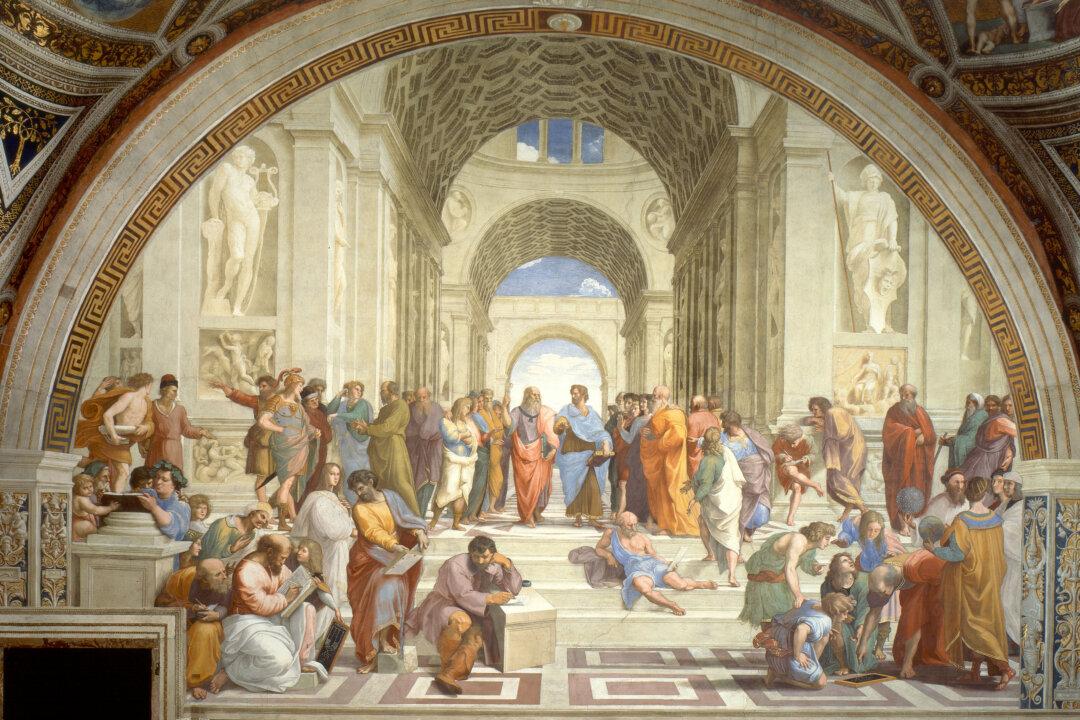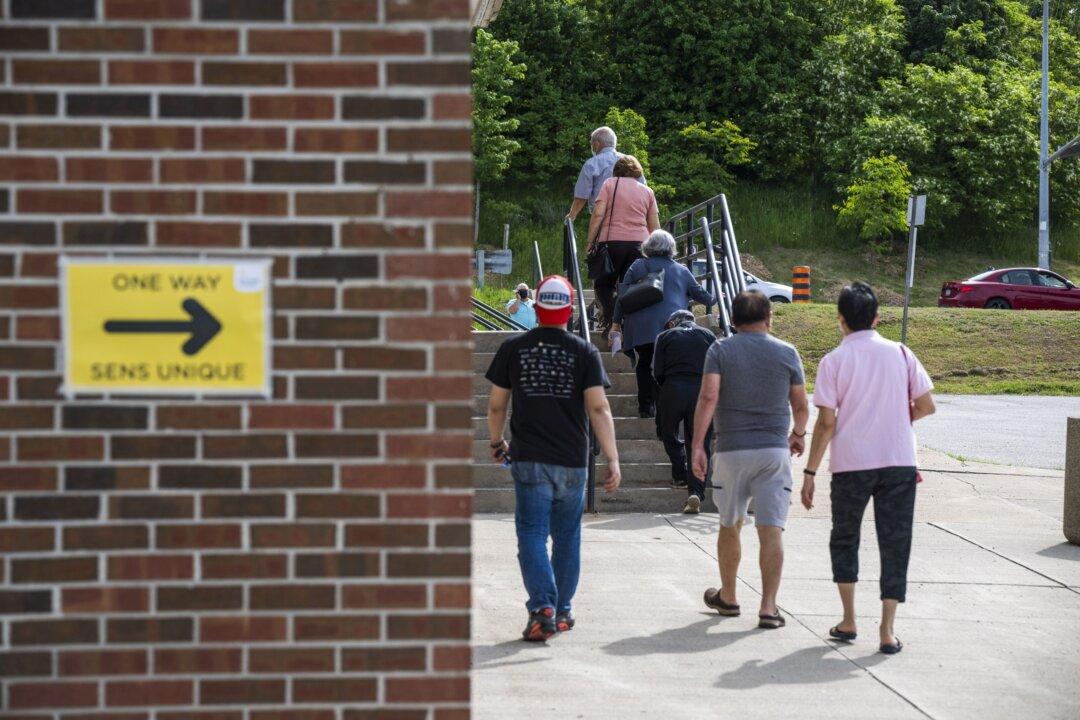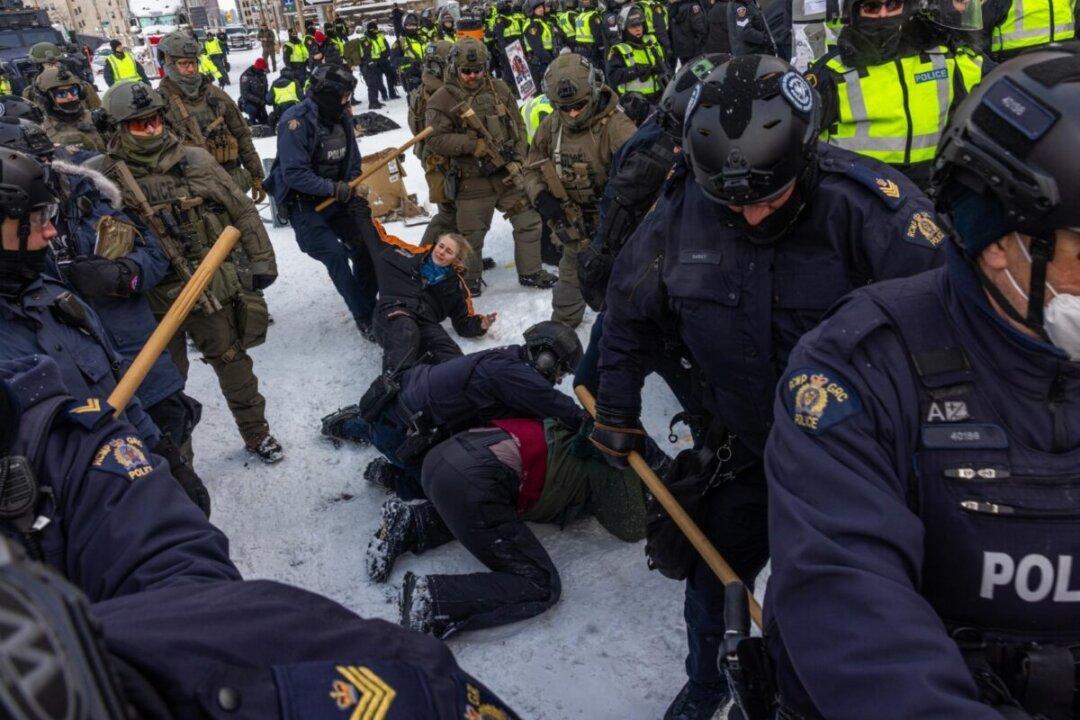Commentary
The evidence (as opposed to the vastly inflated official “projections”) is now in. As a number of refuseniks of the state-sponsored panic predicted ab initio, the mortality rate of COVID-19 has turned out to be almost identical to that of the seasonal flu (.12 percent compared to .1 percent), while the number of fatalities will be less than half, the overwhelming majority coming from the already infirm or elderly residents in chronic care homes.





